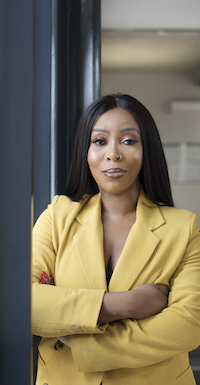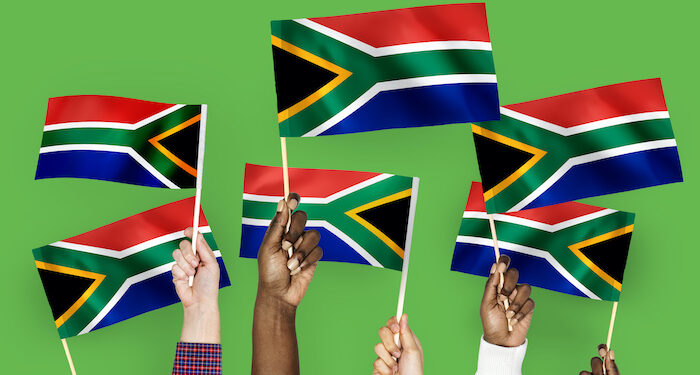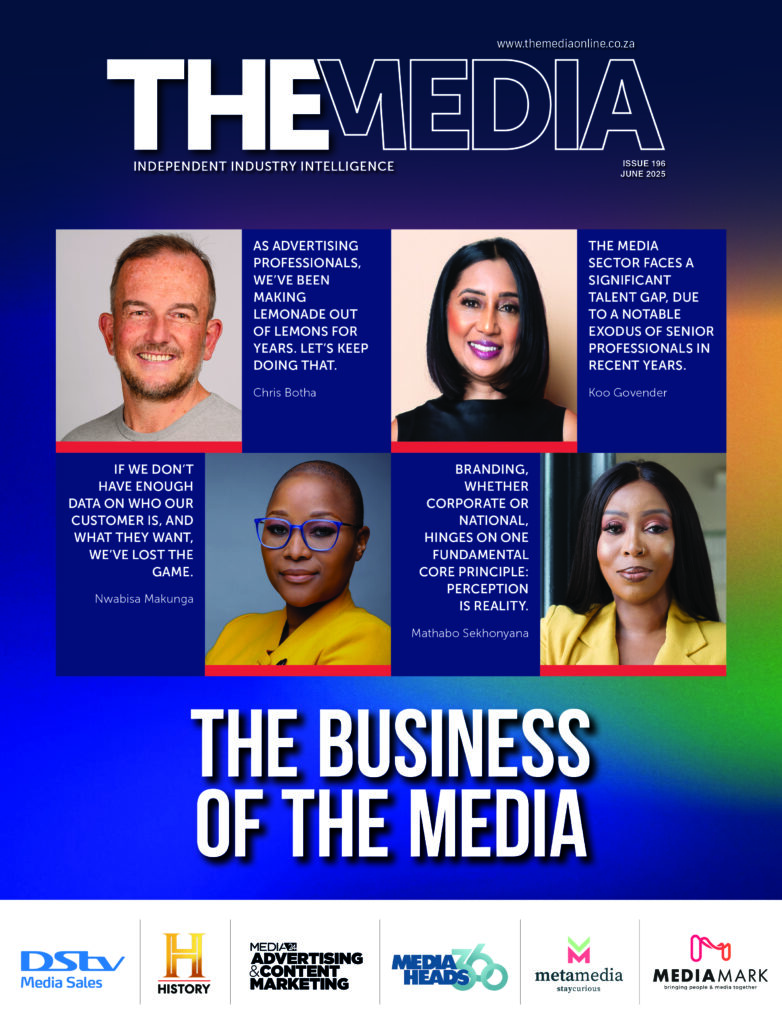Branding, whether corporate or national, hinges on one fundamental core principle: Perception is reality, says MATHABO SEKHONYANA, the marketing specialist who brings the current ownership of brand South Africa into question.
South Africa has been trending for all the wrong (and a few right) reasons lately. Whether it’s the awkward Oval Office encounter between President Cyril Ramaphosa and US President Donald Trump, or the fiery exchanges on a recent Piers Morgan Uncensored panel featuring local voices like Dan Corder, Sophie Mokoena, Gareth Cliff and Ernst Roets, one thing is clear: South Africa is under the global microscope.
The country has long been burdened by its reputation as a murder capital and a haven for violent crime, and battling to redefine our image as a nation with depth, dignity, and hope for a better future.
So when Piers Morgan dedicates an entire YouTube episode to unpacking our political, racial and ideological fault lines for a global audience, it’s obvious that our story is no longer ours alone.
In today’s world ruled by algorithms, outrage and cancel culture, one careless soundbite can undo years of deliberate nation-building, especially when it comes from a powerful president with poor intelligence or a sensationalist media personality chasing clicks and comments.
All this begs question: who really owns Brand South Africa right now?
Between soft power and hard truths

According to the 2025 Global Soft Power Index released by Brand Finance, South Africa is making tangible gains. We’ve climbed to 41st globally, improving in categories like familiarity and influence.
Even more promising is our leap in the business and trade category, where we rose 11 spots. Far from being just vanity metrics, these leaps reflect growing interest and trust in what the country offers on the world stage.
But let’s not get too comfortable. The 2024 IMD World Competitiveness Yearbook tells a sobering counter-narrative. Ranking 60th out of 67 countries, we’re being held back by weak infrastructure, stagnant economic performance and troubling questions about government efficiency.
In short, the story being told about us is outpacing the reality on the ground.
Ramaphosa’s measured, diplomatic tone during his exchange with a somewhat uninformed Trump was praised in some quarters as cool, calm and composed. However, others felt it was too soft and a missed opportunity to put the record straight and draw a clear line in the sand.
Diplomacy often calls for restraint, and branding demands clarity – because if we don’t define our identity with conviction, others will define it for us.
Why the narrative matters
Branding, whether corporate or national, hinges on one fundamental core principle: perception is reality.
In marketing, we say: The brand isn’t what you say it is; it’s what they say it is.
So, what is brand South Africa saying? And more importantly, what are we doing about it?
For brand strategists, marketers, and policymakers alike, South Africa’s recent international exposure holds three key lessons:
- We need to start telling our story before someone else does it for us. Reacting to narratives is not the same as owning them. Yes, our government swiftly corrected misinformation, but the real power lies in proactive storytelling and amplifying stories of innovation, resilience and success before having to go on the defensive.
- We then need to lead with substance. The rainbow nation has world-class talent in arts, science, sport, and entrepreneurship, all levers of soft power that require consistent global showcasing.
- Finally, we need to match our messaging with our experience. You can’t brand your way out of a governance crisis. If our infrastructure is crumbling, our power supply is failing, and corruption remains unchecked, global audiences will spot the disconnect. Nation branding must go hand in hand with nation-building. It’s not enough to just polish the image; the foundation must be solid too.
South Africa isn’t just appearing in global headlines; we’ve become the headline. If we’re going to be the topic of global conversations, let’s make sure we’re at the table, not on the menu.
While polarised views and international soundbites risk distorting a complex, evolving story, there is opportunity to seize the story and invest in optics and in outcomes. This is our chance to turn global moments into a springboard for deeper engagement, bolder leadership, and more authentic storytelling that reflects who we truly are.
This isn’t about spin. It’s about the sovereignty of our voice, our vision and our values.
Mathabo Sekhonyana is a seasoned marketing specialist recognised as a Mail & Guardian Top 200 Young South African (2024) in Technology & Innovation and a Rising Star at the 2024 Africa Career Summit.
CLICK ON THE COVER TO READ THE BUSINESS OF THE MEDIA















